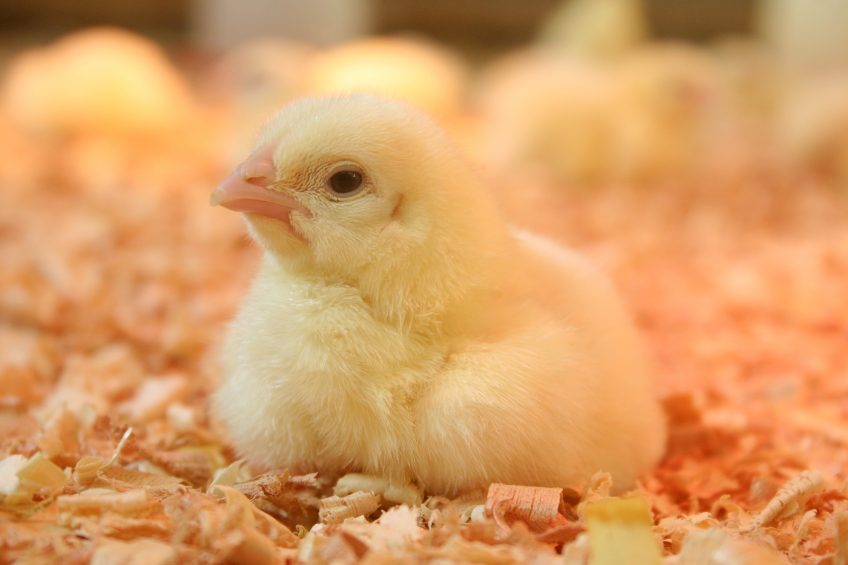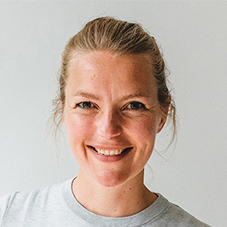Early life factors important for broilers

Broilers are better protected against a non-infectious lung challenge when the feed, water and housing was optimum during the early life of the animals. This was concluded by researchers from Wageningen University in the Netherlands.
Early life conditions such as feed and water availability immediately post hatch and housing conditions may influence immune development and therefore immune reactivity later in life. The current study, done by researchers from the Adaptation Physiology Group at Wageningen University, addressed the consequences of a combination of these 2 early life conditions for immune reactivity, i.e., the specific antibody response towards a non-infectious lung challenge.
Broiler chicks challenges: antibodies measured
Broiler chicks received feed and water either immediately post hatch or with a 72 hour delay and were either reared in a floor or a cage system. At 4 weeks of age, chicks received either an intra-tracheally administered Escherichia coli lipopolysaccharide (LPS)/Human Serum Albumin (HuSA) challenge or a placebo, and antibody titres were measured up to day 14 after administration of the challenge.
Delayed feed access: strongest sickness response
Chicks housed on the floor and which had a delayed access to feed post hatch showed the highest antibody titres against HuSA. These chicks also showed the strongest sickness response and poorest performance in response to the challenge, indicating that chicks with delayed access to feed might be more sensitive to an environment with higher antigenic pressure.
Early life factors important
The researchers conclude that the results from the present study show that early life feeding strategy and housing conditions influence a chick’s response to an immune challenge later in life. These 2 early life factors should therefore be taken into account when striving for a balance between disease resistance and performance in poultry.
The study ‘Early feeding and early life housing conditions influence the response towards a non-infectious lung challenge in broilers’ was published in the Journal Poultry Science.













